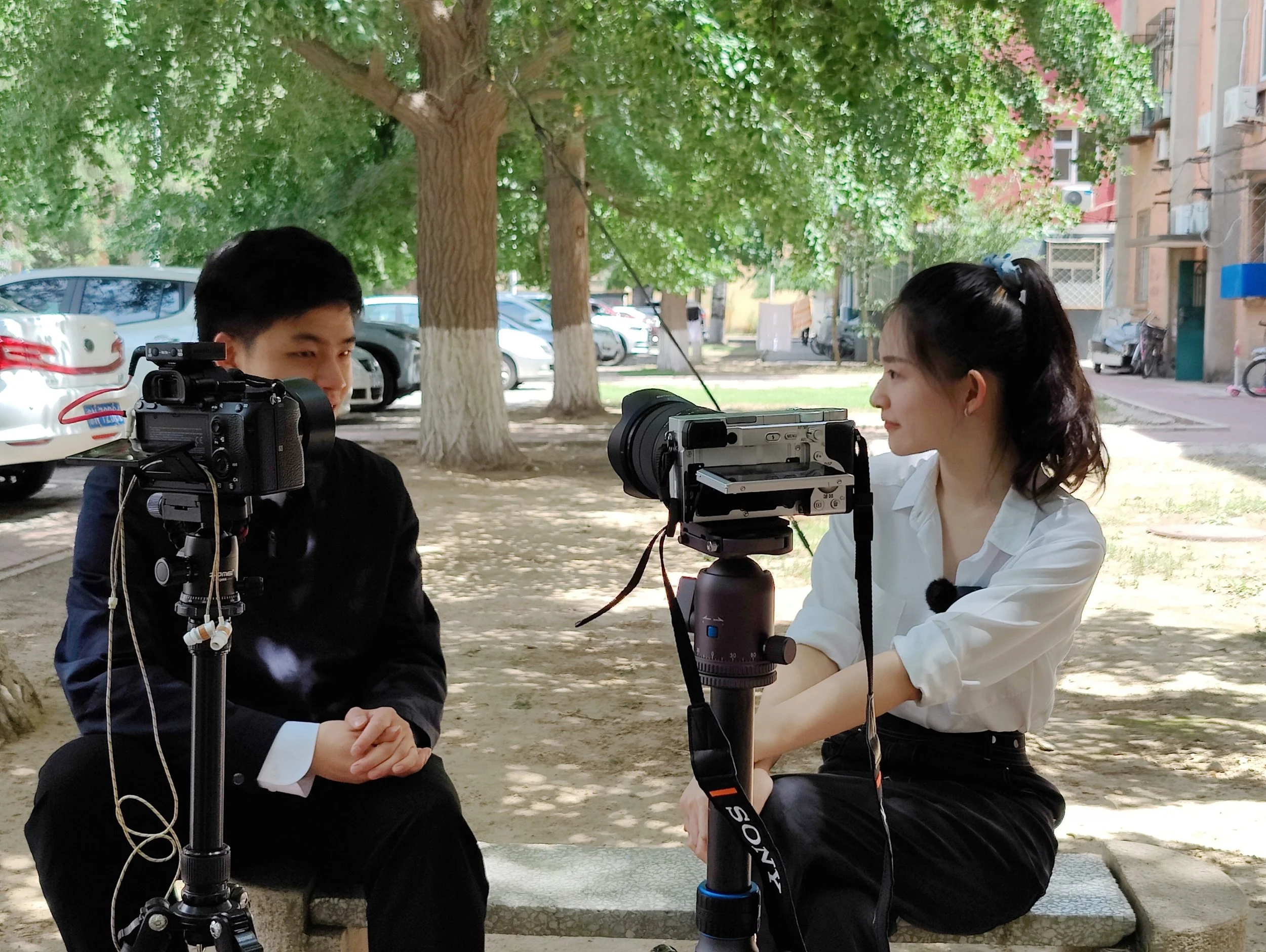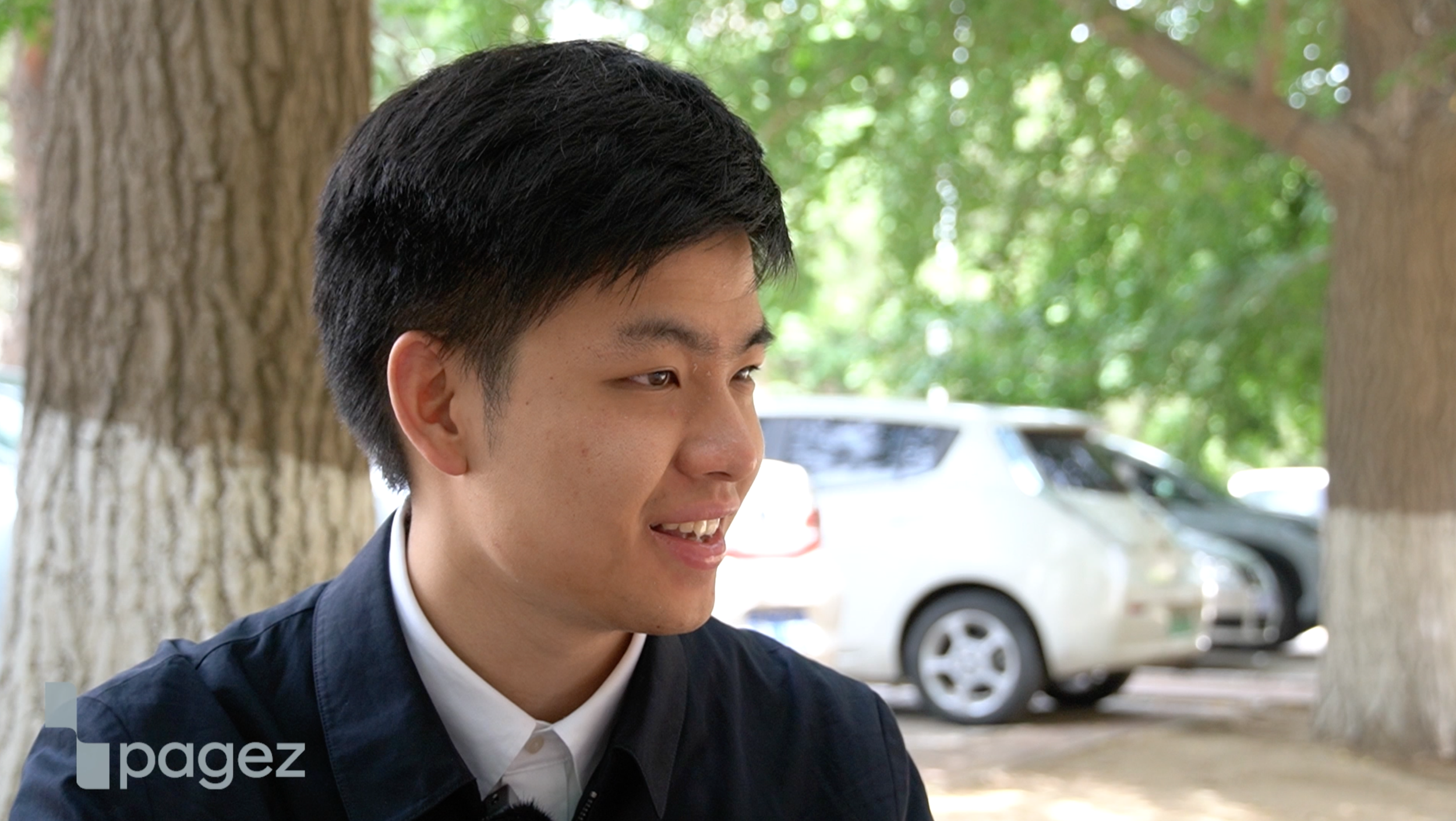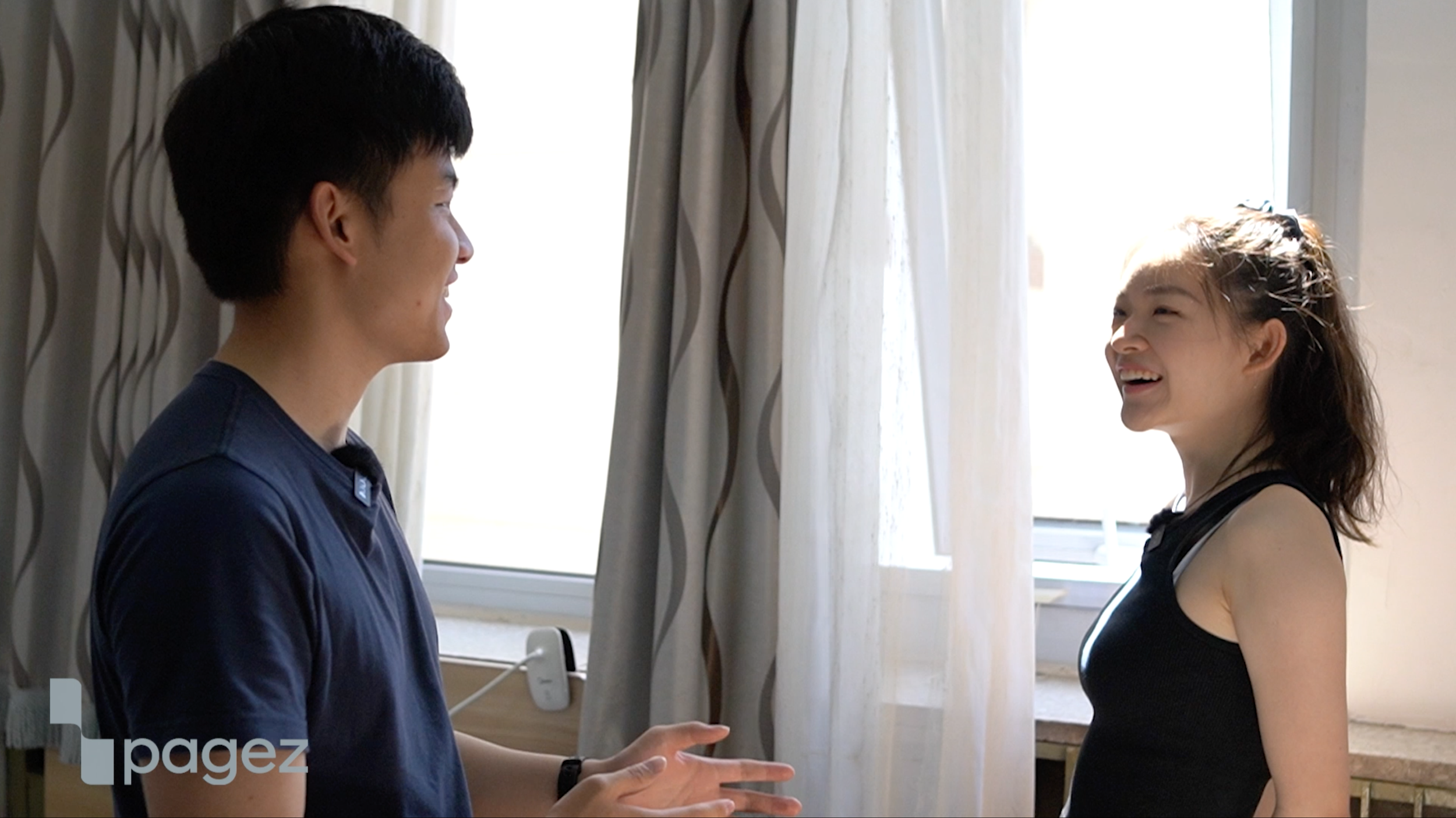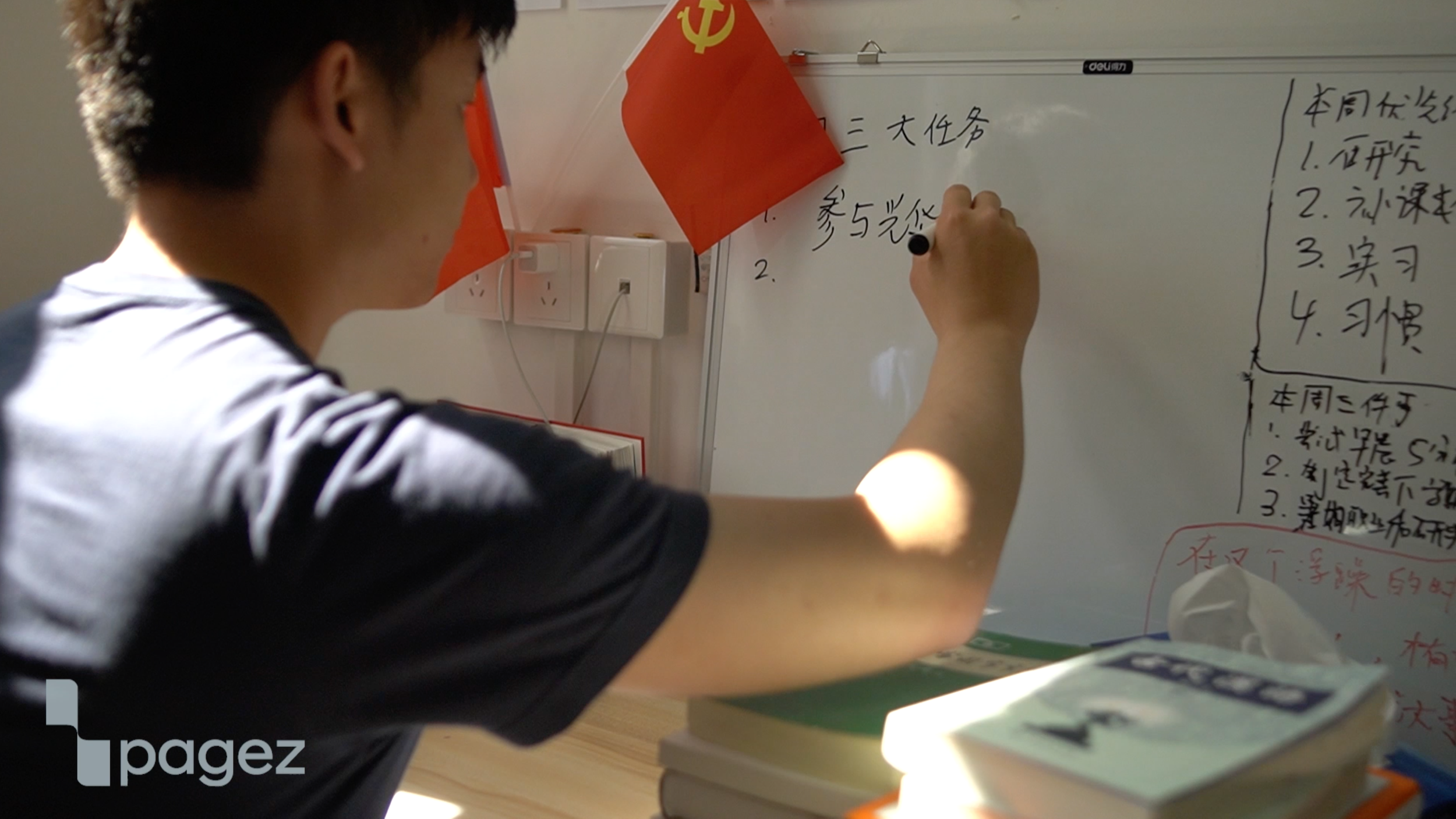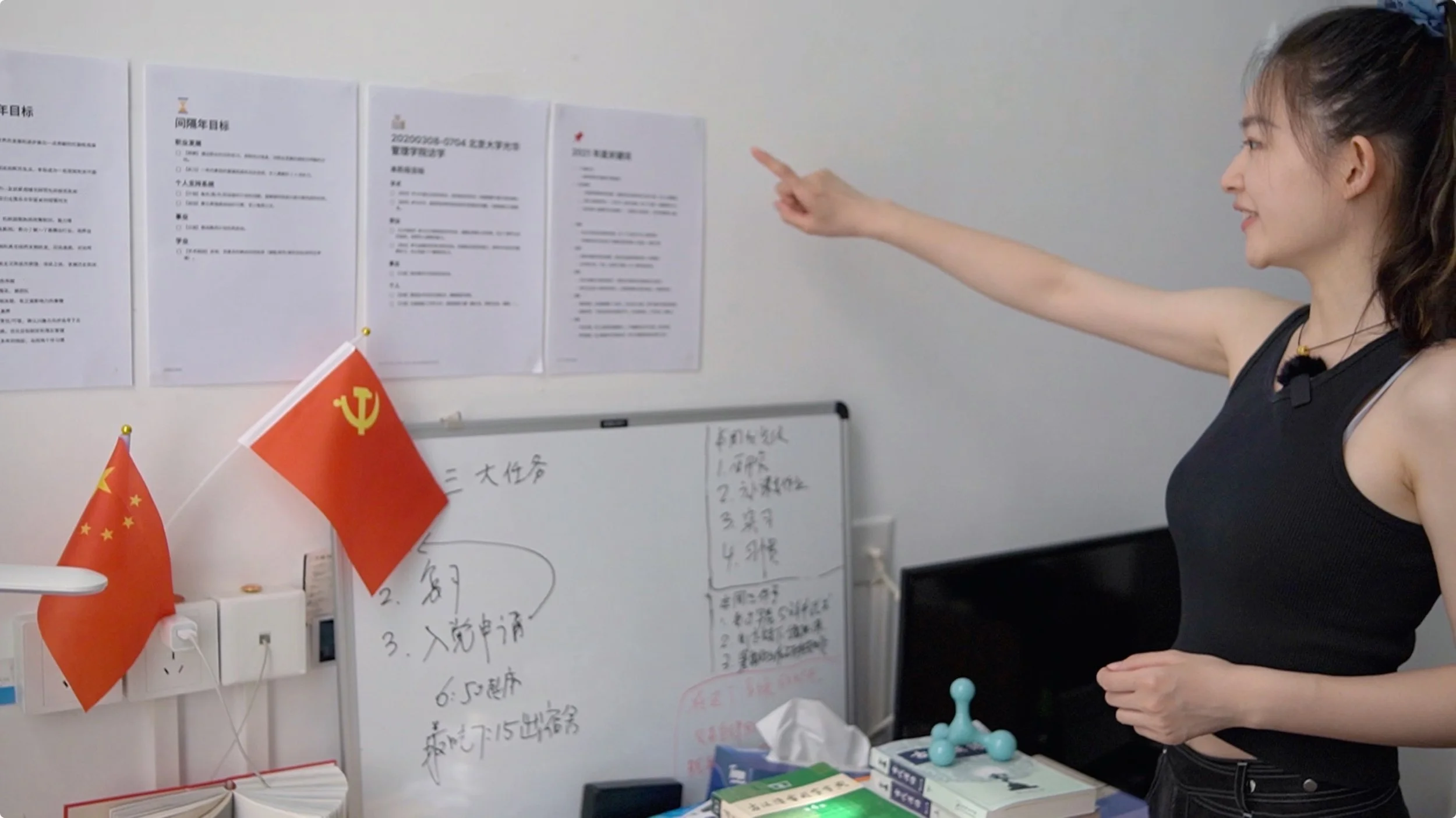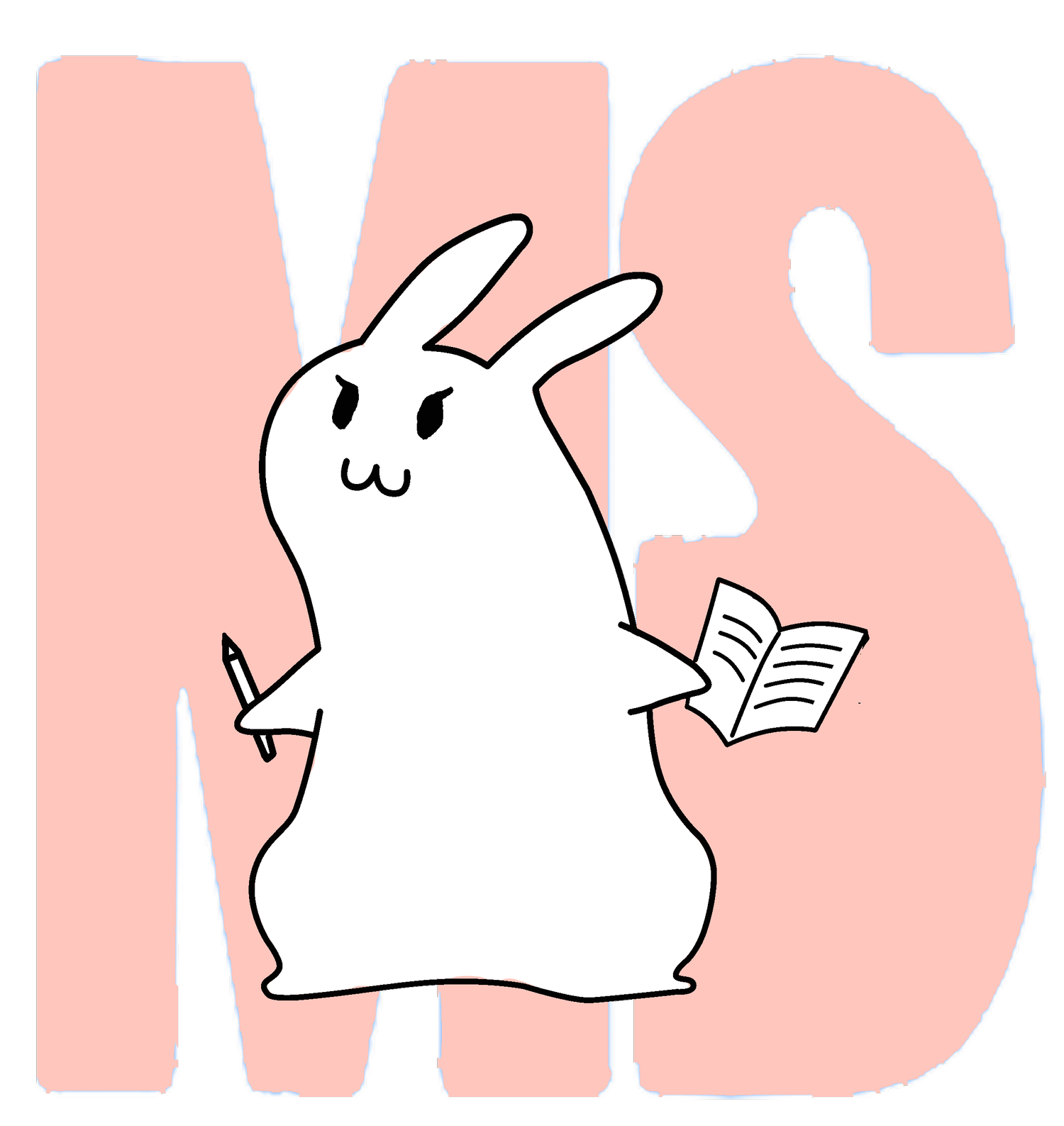His Aspiration For Public Service in China
“You want to become a bureaucrat in China after Columbia?” I was shocked by Yun’s post-graduation plan. Chatting outside a small club in Beijing, Yun immediately stood out amid our dazzling-dressed crowd of friends. He wore a plain black jacket, the same kind all Chinese bureaucrats show up with in TV-broadcasted conferences. Medium in build, short-haired, he stood calmly in the eye of the group’s vibrant energy swirling in the nighttime city.
Yun assured me that he didn’t mind working for the Chinese Communist Party (CCP) government, which was enough to mark him an outlier—gathered in a gap year during the COVID pandemic, the friend group consisted of students who grew up in China and studied in U.S. colleges. They are called hai gui, sometimes written in Chinese as “sea turtles” due to a similar pronunciation, literally translated as “coming back from overseas.” Liberated from the Party-overseen education system, they vocally criticize its lack of freedom. However, despite the group’s stance, Yun showed a strong will to dive into the ruling politics. He told me that he had started to make five-year plans for personal development, in the same way the Party set growth targets as a remnant of the Socialist planned economy.
The next time I saw Yun, he had just returned from a month-long internship at a small county in central China. We sat in the shade of a lush parasol tree on a sultry afternoon. “I learned a set of very rigid drinking protocols while shadowing the county magistrate,” recalled Yun, “the kind of tradition I wouldn’t have touched if staying in New York.” He explained to me in detail how seats were arranged at a round table in accordance with hierarchical orders and the door’s position. “Thankfully, I didn’t have to drink a whole lot like other low-level officials.” He told me his father had called a friend to “set things up,” for the government never ran official internship programs. It occurred to me that resistance to dictatorship was merely a psychological barrier before the many real-life hardships attempting to penetrate an enclosed political power structure. Nepotism appeared utterly vivid, and in Yun’s case, even necessary.
While asked about his career decision, Yun referred to the lecture notes of Max Weber: “I found Politics as a Vocation fits my personality better than Science as a Vocation.” He didn’t seem bothered by my question on the Chinese bureaucrats’ ethics—an integral component of what Weber calls a “professional politician.” “Realistically, I didn’t feel a strong affiliation to the Party,” replied Yun simply. “It was more about doing things within the frame of hierarchy.” He participated in field inspections and expert meetings, writing a report on the potential to build a new road for a village in an especially mountainous region. “It would significantly help with the local economy,” said Yun in a solemn voice tinged with pride.
